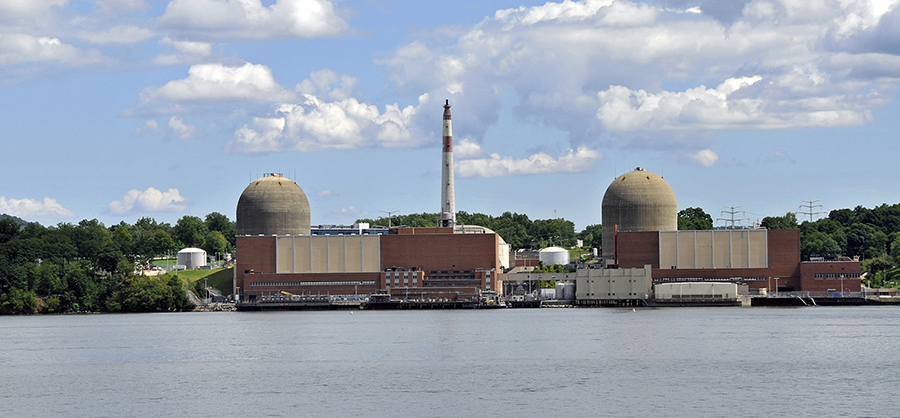"No one can solve this problem alone, but together we can change things for the better."
NRC Will Not Require Drone Defenses
The U.S. Nuclear Regulatory Commission (NRC) announced on Oct. 30 that it would not require nuclear power plant operators to defend against drone attacks.
 The NRC sets protection requirements for nuclear power plants and has been studying the threat posed by drones for the past two years. In an unclassified summary published in October, the commission concluded that nuclear power plants “do not have any risk-significant vulnerabilities that could be exploited” by drone attacks that would result in “radiological sabotage” or theft of special nuclear material. The NRC said it would continue evaluating the impact of drone technologies.
The NRC sets protection requirements for nuclear power plants and has been studying the threat posed by drones for the past two years. In an unclassified summary published in October, the commission concluded that nuclear power plants “do not have any risk-significant vulnerabilities that could be exploited” by drone attacks that would result in “radiological sabotage” or theft of special nuclear material. The NRC said it would continue evaluating the impact of drone technologies.
Edwin Lyman, the acting director of the Nuclear Safety Project at the Union of Concerned Scientists, said in a Nov. 4 press release that the decision “ignores the wide spectrum of threats that drones pose to nuclear facilities.” He said that the NRC “seems more interested in keeping the cost of nuclear plant security low than protecting Americans from terrorist sabotage that could cause a reactor meltdown.”
No nuclear power reactor worldwide appears to have been attacked by a drone to date, but Greenpeace flew a drone into a nuclear power reactor in France in July 2018 to demonstrate the site’s vulnerabilities.—KELSEY DAVENPORT
